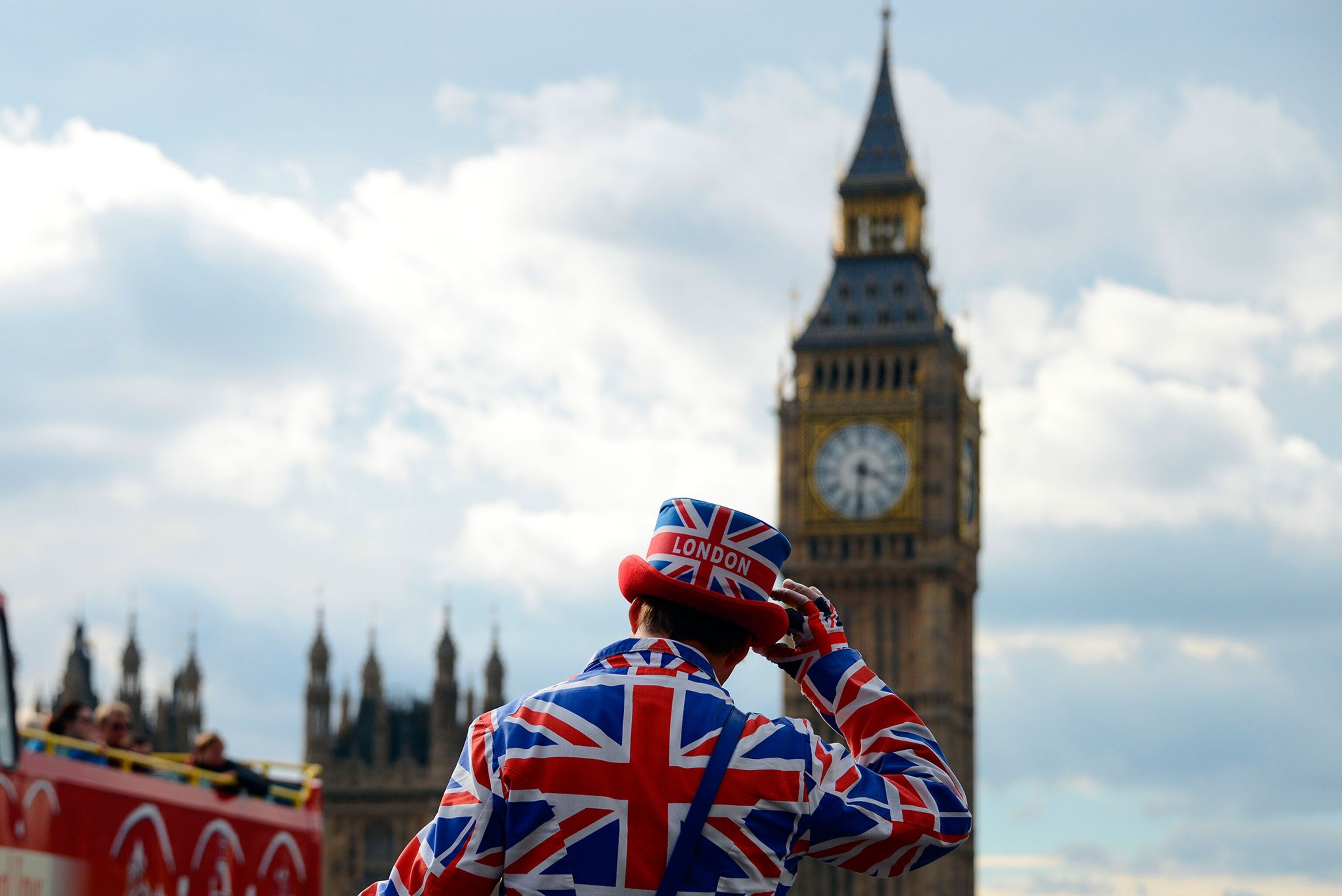
Why Brexit Freaks Out So Many Scientists
The United Kingdom’s vote to leave the European Union could disrupt research as well as commitments to fighting climate change.
The British public’s vote to leave the European Union has set off political and scientific shock waves that could roil Europe and the world for years to come.
The decision has dismayed scientists in the United Kingdom and across Europe, as it stands to disrupt scientific funding and the United Kingdom’s stature in the European and international research communities.
“It’s depressing, but the uncertainty doesn’t help,” says Philip Jones, research director of the University of East Anglia’s Climatic Research Unit in Norwich, England. “I just hope that science doesn’t get forgotten in all of this.”
The United Kingdom could spend two years or more negotiating the terms of its divorce from the 28-member economic and political bloc. In that time, the country will have to work through many difficult questions about what the separation means for scientists and for global science policy.
Will Brexit Lead to a Science Brain Drain?
The pending breakup has scientists concerned that the U.K. could suffer a brain drain of researchers, either because their funding suffers or because the loss of the EU guarantee of free movement across member states causes scientists to lose their status in the U.K., or to not feel welcome.
“My main concern in the big picture is potential damage to the U.K.’s reputation as a destination for top-flight researchers,” says Myles Allen of the University of Oxford’s Environmental Change Institute. “Researchers put a lot of emphasis on the ability to recruit and ability to travel, and if these changes affect our ability to recruit the best and brightest of the world’s academics, then we’re in trouble.”
Campaigners for leaving the European Union have tried to reassure EU-based scientists that they will be made welcome, and that independence from the European Union could offer the United Kingdom increased freedom in international collaborations.
Also at stake is European funding for the United Kingdom’s research universities, which totals more than a billion pounds (1.37 billion dollars) per year.
That’s a significant chunk of change. Nature News reports that research grants from the European union provided 16 percent of British universities’ funding. The Guardian’s Ian Sample reported in May that more than 40 percent of the United Kingdom’s cancer research funds—some 126 million pounds (173 million dollars) over the last decade—came from the European Union.
The United Kingdom’s departure from the EU may also diminish the country’s role in influencing the union’s research plans, such as its Horizons 2020 initiatives.
“In almost every area of science now, you can’t be a lone wolf and do it on your own,” says Jones. “You have to work with others. And the EU provides that potential.”
Leaving would not necessarily prevent the U.K. from participating out of hand; some countries that are not in the EU, such as Switzerland, currently pay to give their researchers access to EU science programs.
What Does Brexit Mean for Climate Change?
Early consensus suggests that environmental protections in the United Kingdom may be weakened in the aftermath of Brexit, as pro-Brexit campaigners try to make good on promises to make British businesses more globally competitive by rolling back pollution restrictions.
The plan also could have repercussions on the international fight to assemble a global policy response to climate change. While the United Kingdom has long been a leader on climate policy—passing influential domestic legislation in 2008 that aimed to reduce carbon emissions 80 percent by 2050—its negotiations for the Paris Agreement climate pact were done as part of the European Union delegation.
The sudden departure could force some adjustments to the Paris Agreement, as Politico’s Sara Stefanini reported Friday:
Christiana Figueres, the U.N.’s outgoing climate secretariat chief, agreed earlier this week that a Brexit would force a revisit of the plan EU countries submitted in Paris as a 28-member bloc. “From the point of view of the Paris agreement, the U.K. is part of the EU and has put in its effort as part of the EU, so anything that would change that would require then a recalibration,” she said.
What’s more, the political forces that ultimately led to Brexit could portend future changes to the U.K.’s own climate policy, depending on the outcome of the next elections.
Boris Johnson, the Conservative former mayor of London, pro-Brexit campaigner, and leading contender to replace David Cameron as prime minister, has a checkered history on climate. In recent years, he has alternately worked with mayors around the world to address climate change and expressed dubious views on climate science in newspaper columns.
Nigel Farage, the leader of the U.K. Independence Party and a prominent voice in the pro-Brexit campaign, has falsely dismissed climate change as a scam, and his party’s platform has advocated, among other things, the abolition of the U.K.’s Department for Energy and Climate Change and the repeal of the 2008 Climate Change Act, the British emissions plan.
Allen is cautiously optimistic that climate policy will not change dramatically, “if policy remains to any degree evidence-driven,” he says.
“I think [the U.K.] will still sign up to the Paris agreement,” Jones says. “I don’t think they will be quite so pushy for it.”
Echoing British science minister Jo Johnson, who took to Twitter on Thursday promising to “make it work,” Allen is hopeful that scientists will come up with ways to weather Brexit in the weeks, months, and years to come.
“Academics don’t always get to choose the problems we have to solve,” he says. “We have address the new academic questions that are being raised by the current situation, rather than retreating.”
Follow Michael Greshko on Twitter.